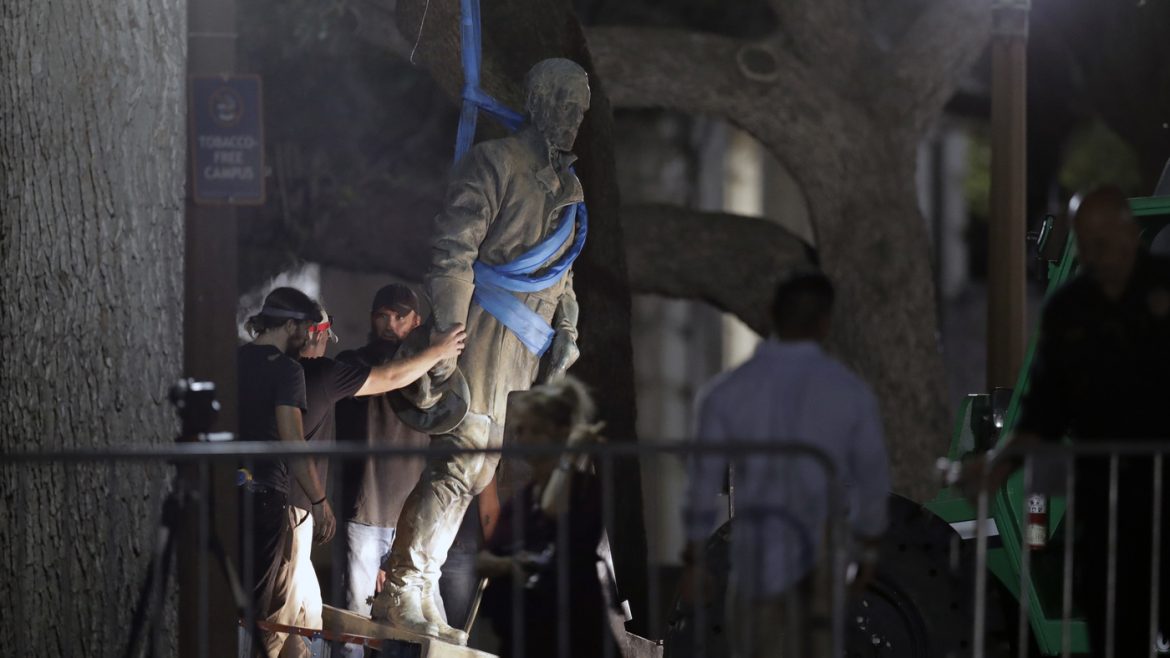
Confederate Statues and Flags Come Down; Troubling Attitudes and Beliefs Remain

Confederate Statues and Flags Come Down; Troubling Attitudes and Beliefs Remain
By: claycormany in Life in General
Banning Confederate flags and taking down statues of Confederate leaders may be the right thing to do. However, we need to recognize that such actions do not address a more fundamental issue, specifically, how do we change the attitudes of people who admire and/or identify with these symbols of the Confederacy? One thing seems clear. No piece of legislation or court decision will achieve that goal. The 1964 Civil Rights Act stopped several types of discrimination, but not the prejudice that spawned that discrimination in the first place. Brown v. The Board of Education struck down segregated schools, but not the racist beliefs that originally gave rise to such schools. To state the problem more generally, human morality cannot be changed by government action. Compounding the problem is the fact that when racist beliefs are denied expression through one channel, the people holding such beliefs develop alternative channels.
The tragic history of slavery in the U.S. provides a case in point. The end of slavery began with Lincoln’s Emancipation Proclamation and concluded with the ratification of the 13th Amendment to the Constitution in 1865. But the prejudices and attitudes that brought slavery to our shores in the 17th century and sustained it for over two centuries remained in place. So even as the death knell sounded for slavery, those prejudices and attitudes gained new life in segregated facilities, Jim Crow laws, and the Ku Klux Klan.
Of course, ending slavery through the 13th Amendment was the right thing to do. The wisdom of the 18th Amendment, which banned the manufacture, transportation, and sale of intoxicating liquors, is more debatable. However, just as the 13th Amendment couldn’t suppress the racist beliefs that gave rise to slavery, the 18th couldn’t eliminate people’s desire to consume alcoholic beverages. So undercover bars, known as “speakeasies,” sprang up in cities while bootlegging became a widespread practice. Rather than try to change people’s attitudes about drinking, Congress passed the 21st amendment, which repealed the 18th.
But if we want to achieve peace and racial harmony in the U.S., it may be worthwhile to try to change the attitudes of Americans who are prejudiced against people of color. That will not be accomplished by ridiculing them on social media and late-night TV. And, as already argued, passing legislation won’t work either. So what will work? One step would be forgiveness. Another equally important step would be persuasion. The first will be difficult, especially for those who have suffered injury or loss at the hands of bigoted people. The second will require time and coordinated action. But if we want to have a country that is united in fact and not merely in name, we might want to start taking both steps sooner rather than later.
Tags: Confederate, government, prejudice, slavery, statue

